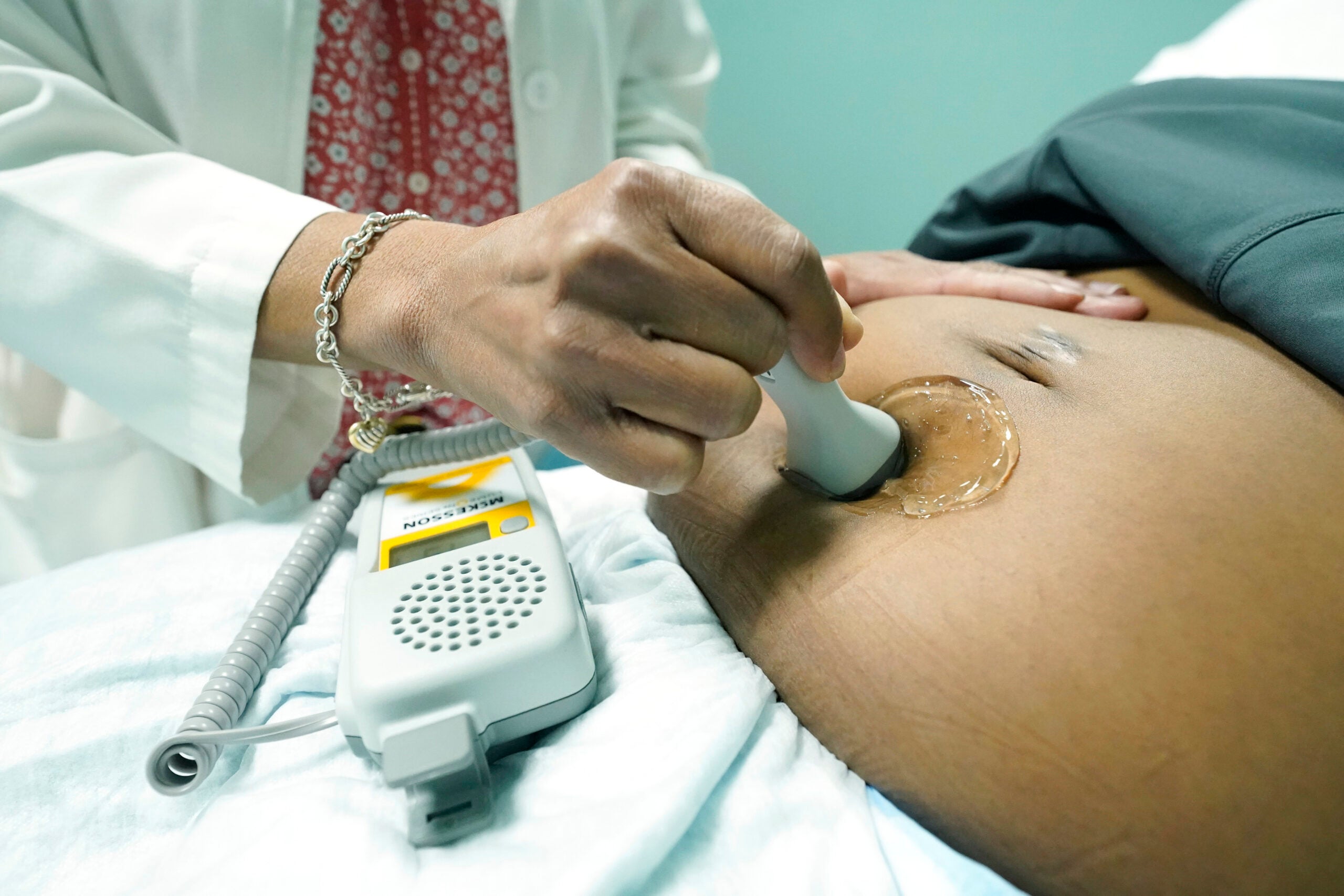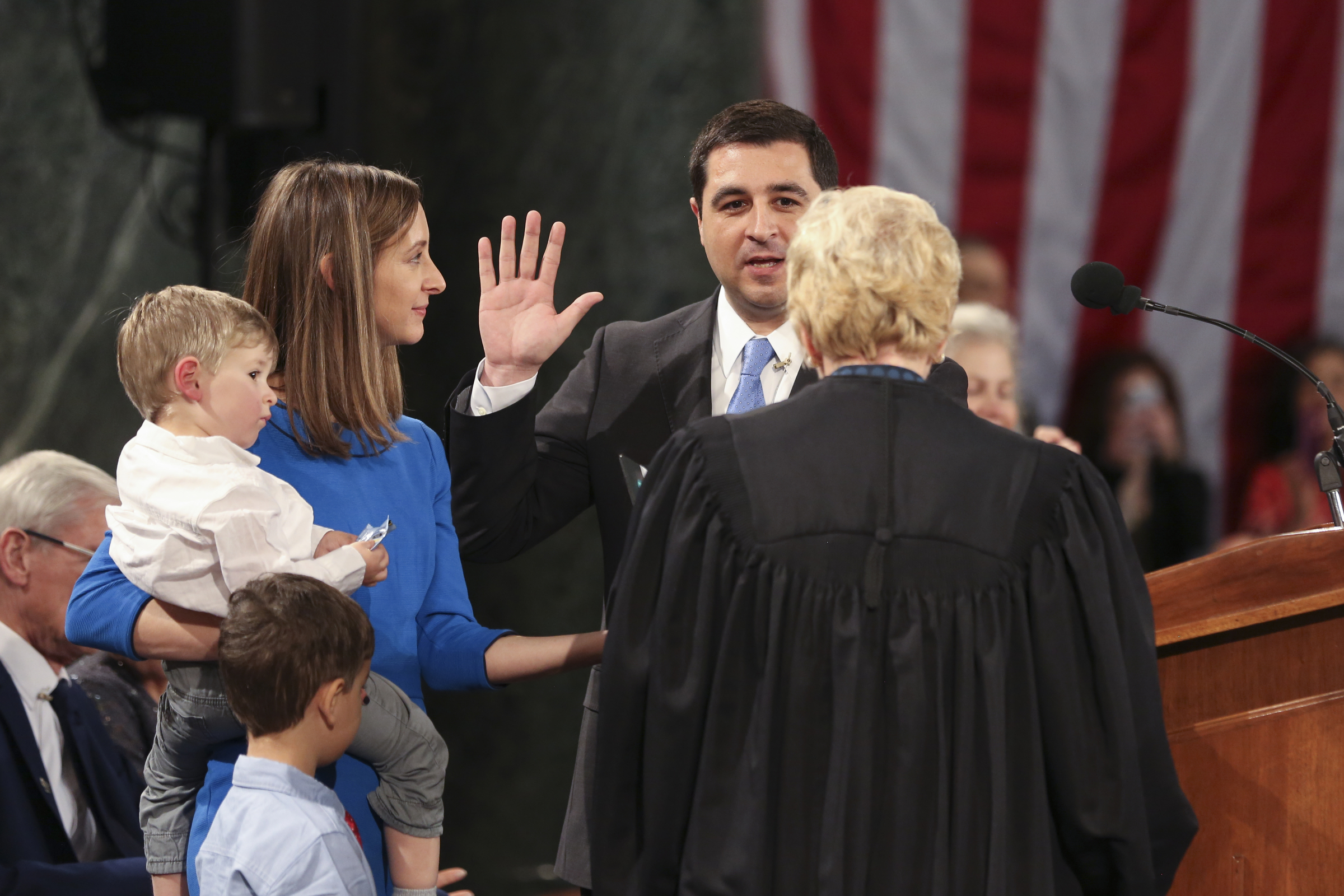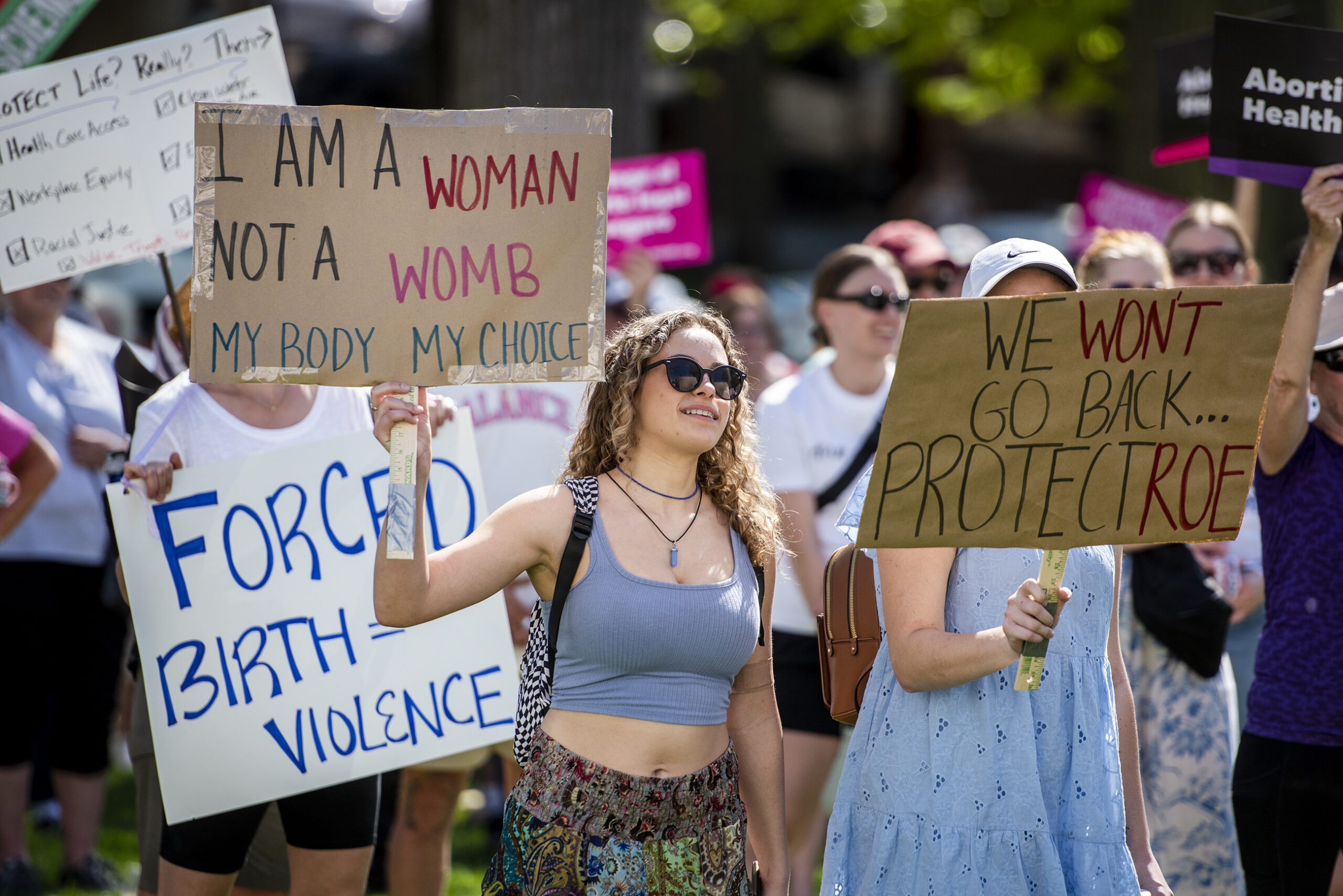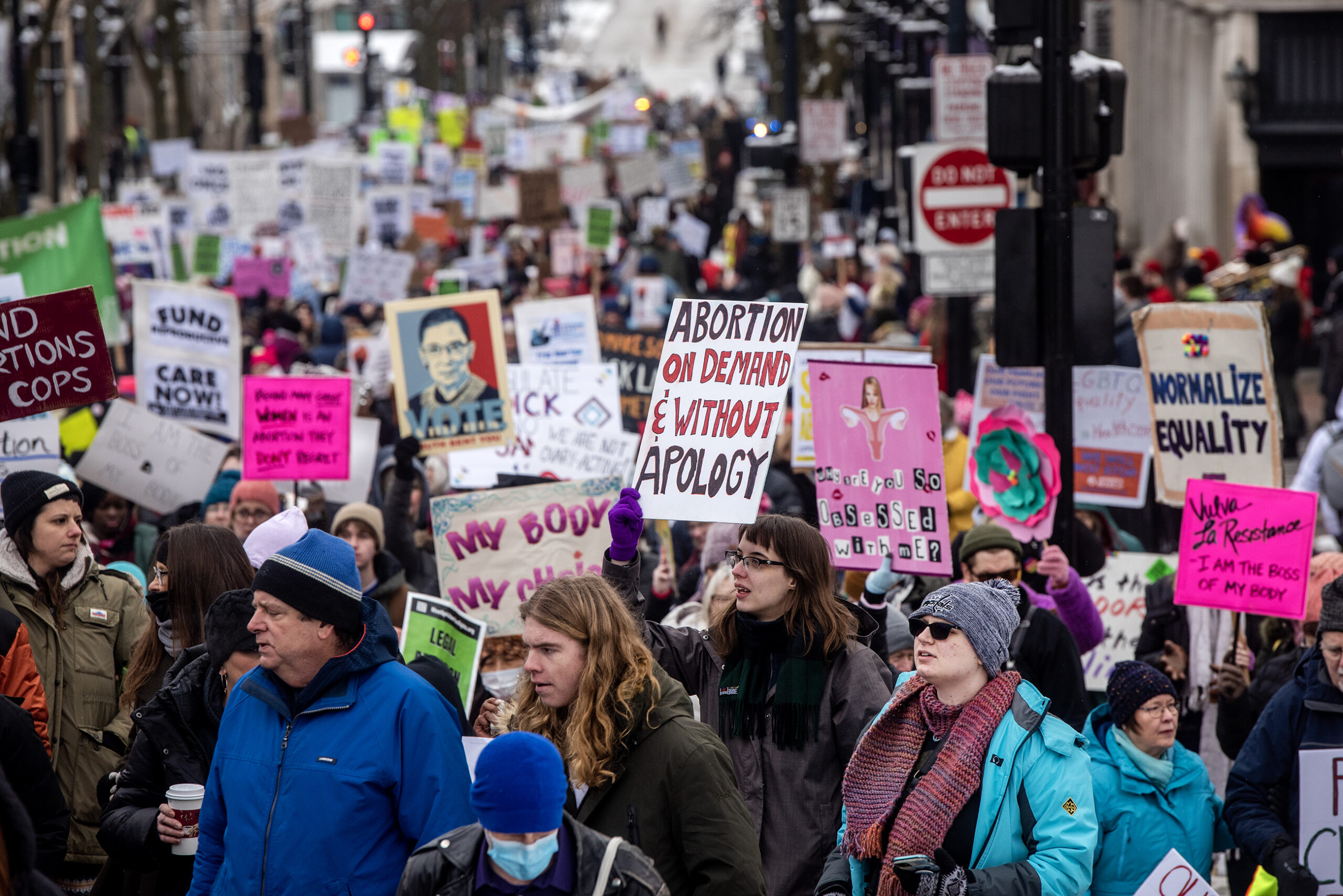Despite uncertainty about the enforceability of Wisconsin’s 1849 abortion ban, there are fears it could already be hurting recruitment of students interested in becoming OB-GYN’s or family practice physicians in the state.
During a Tuesday presentation hosted by Wisconsin Health News, lawyers and physicians discussed the fallout from the U.S. Supreme Court’s decision to overturn Roe v. Wade abortion protections in June.
Diane Welsh, an attorney at Pines Bach LLP in Madison, said “the biggest question” is whether doctors can be charged with felonies under a pre-Civil War ban on most abortions in Wisconsin.
Stay informed on the latest news
Sign up for WPR’s email newsletter.
“So, we have not had the Legislature reaffirm that statute,” said Welsh. “They were called back into special session by Gov. Evers, and they didn’t take action. They didn’t take action to reaffirm the old ban or pass a modern ban or amend this in any way.”
Wisconsin Attorney General Josh Kaul, a Democrat running for reelection, filed a lawsuit in Dane County Circuit Court four days after Roe was struck down. It claims the 1849 law shouldn’t be enforced because it conflicts with more recent statutes. Kaul originally listed Republican leaders of the state Legislature as defendants, but Assembly Speaker Robin Vos, R-Rochester, Senate Majority Leader Devin LeMahieu, R-Oostburg, and State Sen. Chris Kapenga, R-Delafield, were dismissed from the case after successfully arguing they weren’t proper targets. Kaul amended the suit to name three district attorneys as defendants.
Welsh said while the courts and the Legislature sort out legal questions, physicians have had to decide whether to provide medical services that weren’t suspect months ago.
“So, from a practical standpoint, it’s had a chilling effect.”
Planned Parenthood of Wisconsin ended abortion procedures June 25.
Dr. Abigail Cutler, an associate professor of obstetrics and gynecology at the University of Wisconsin-Madison, said another practical effect is that medical students doing residencies at Wisconsin hospitals won’t be able to learn about training related to inducing abortions, which also applies to miscarriage management.
“But in a state like Wisconsin, where we’re already concerned about women’s health care providers, OB-GYN shortages, this is a real worry that we would not be able to recruit and retain physicians who want to work in this space or even just doctors, you know, who want to live here and are worried about the impacts of this law on their own health,” said Cutler.
In September, the Mayo Clinic Health System announced it would end labor and delivery services at hospitals in Barron and Menomonie due to staffing shortages that predated Roe being overturned.
Wisconsin Medical Society President Dr. Wendy Molaska said the state of abortion law in Wisconsin was so unclear after a draft U.S. Supreme Court decision was leaked months before Roe was struck down, the organization “started to scramble.”
“The Medical Society was trying to sit down with our lawyers and come up with some kind of written guidance that we could provide to our members to say, ‘This is what’s okay, this isn’t what’s okay,’” said Molaska.
But because of the uncertainty surrounding the 1849 abortion statute, Molaska said the group changed course.
“And what we decided, as we started working on this, is this could actually become a problem for us rather than a help in terms of providing some kind of written black and white guidance,” said Molaska. “Because this could then be used against us potentially if us physicians ended up having to go to court.”
Wisconsin Public Radio, © Copyright 2025, Board of Regents of the University of Wisconsin System and Wisconsin Educational Communications Board.







